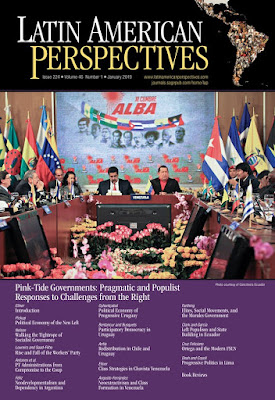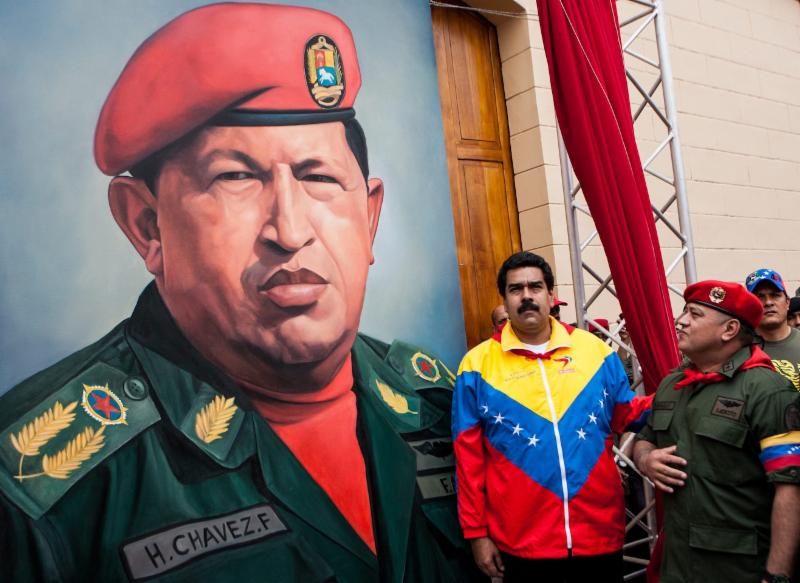Class Strategies in Chavista Venezuela: Pragmatic and Populist Policies in a Broader Context
by Steve Ellner
The governments of Hugo Chávez and Nicolás Maduro responded to the opposition’s attempts at regime change by implementing pragmatic policies favoring businesspeople who refused to participate in destabilization actions, as well as populist social measures benefiting the nonprivileged. Both sets of policies have to be placed in political context. The characterization of allegedly pro-government businesspeople as a new ruling elite referred to as the boliburguesía fails to take into account the sharp tensions between them and the Chavista leadership. The primary importance of social programs in the Chavista political triumphs over an extended period of time and of the periodic initiatives that sparked life into individual programs implicitly rules out claims regarding the government’s failure to alleviate poverty or achieve other social objectives. The Chavista governments failed to take full advantage of favorable periods and junctures when the opposition was demoralized following defeats in order to correct the negative side effects of pragmatic and populist class policies, such as bureaucratization and crony capitalism.
CONTINUE READING THE FULL ARTICLE HERE






